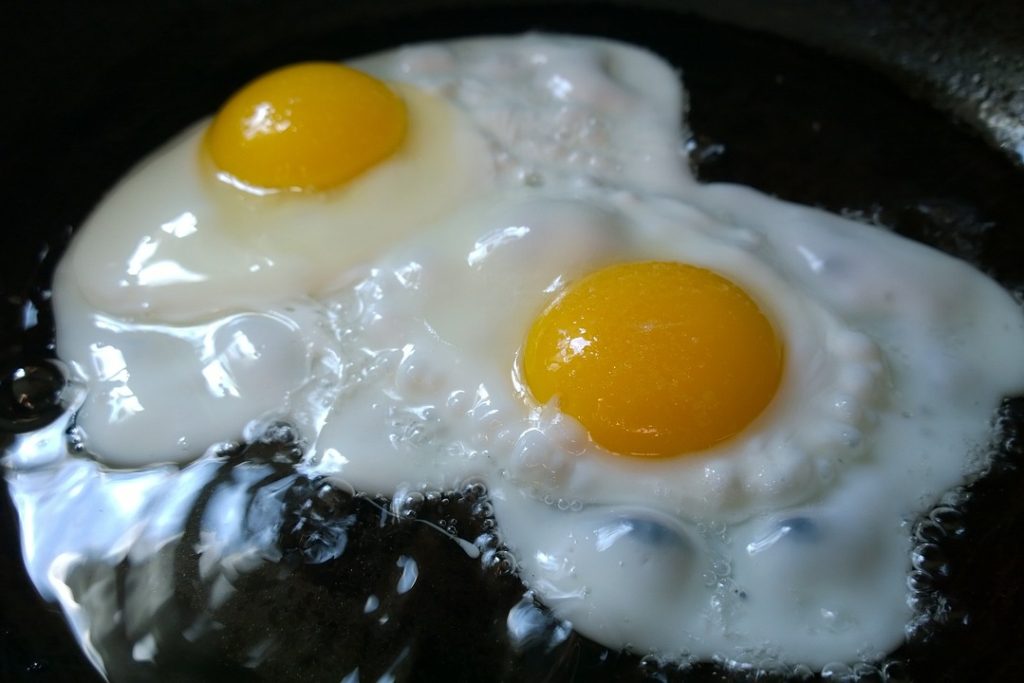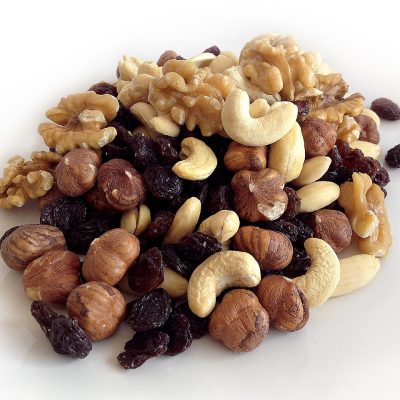Protein, protein, protein! It’s the powerhouse that fuels our bodies and keeps us going strong. It is always there when needed, whether it’s a juicy steak, a creamy yogurt, or a tasty smoothie. With its unique blend of amino acids, it’s no wonder it has been a staple in our diets for centuries. So get ready to explore the wonderful world of protein – it’s time to get your body moving!
Protein is an essential macronutrient the human body requires to build and repair body tissues, facilitate metabolism and provide energy. It is made up of long chains of amino acids, the building blocks of all life forms. Pro-teins are present in almost all body tissues and organs and are important in maintaining health and well-being.
Types Of Protein
It is divided into two main types:
- Complete proteins
- Incomplete proteins
Complete proteins contain all the essential amino acids, while incomplete proteins lack one or more of the essential amino acids.
Sources Of Protein
Pro-teins are found in animal and plant sources, but animal proteins are generally considered of higher quality. Animal pro-teins are typically found in meats, poultry, eggs, dairy products, and fish. On the other hand, plant pro-teins are found in legumes, grains, nuts, and seeds.
Functions Of Protein
Proteins are essential for the body for many reasons. They help build and repair muscle and other body tissues, provide energy, and regulate hormones. They also play a role in the absorption of vitamins and minerals and the digestion of food. Besides, it is essential for proper growth and development and maintaining healthy body weight. It helps to build, repair, and maintain muscle tissue and is also important for energy production. Pro-tein is also needed to build and maintain other important body structures like skin, hair, and nails.
Daily Intake
The daily protein intake for both men and women is recommended to be 0.8 grams per kilogram of body weight. This means a person weighing 70 kilograms should consume 56 grams of protein daily. This is accomplished with a balanced diet that includes a variety of sources of pro-tein, such as lean meats, fish, poultry, eggs, dairy products, nuts, beans, and soy products. Some fortified foods, such as breakfast cereals and protein shakes, can also provide a source. If you are physically active or are looking to build muscle, you may need to increase your daily intake. The American College of Sports Medicine recommends that athletes consume 1.2-2.0 grams of pro-tein per kilogram of body weight per day.
Conclusion
Proteins are formed by pro-tein synthesis, in which the DNA in a cell’s nucleus is transcribed into RNA, and ribosomes translate the RNA into a sequence of amino acids. This sequence of amino acids folds into a unique three-dimensional structure, which determines the protein’s function. They are found in all living organisms, from single-celled bacteria to complex multicellular organisms like humans. Additionally, they are obtained through the diet by consuming protein-rich foods like meat, eggs, and dairy and plant sources like legumes and nuts.
Proteins are essential to the headset and are crucial to the body’s metabolism and overall function. Insufficient intake can lead to malnutrition, while excessive protein intake can strain the kidneys and cause other health problems.
Feature Image: Pixabay
Read More:





